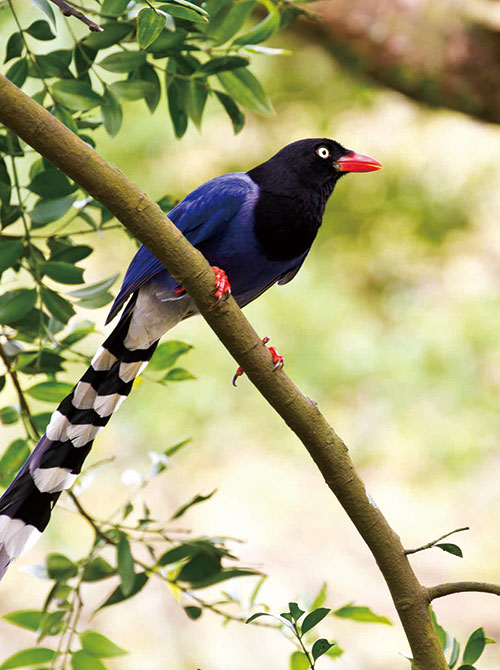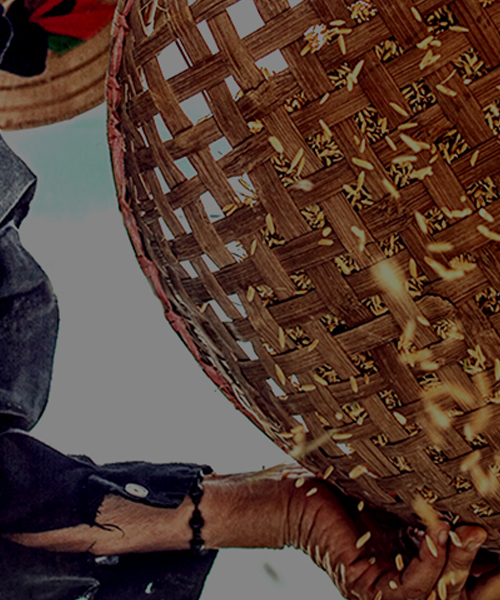Taiwan Organic Paochong Tea
- 2019-12-26
- 2020-07-08
- / 1859 Views
- /
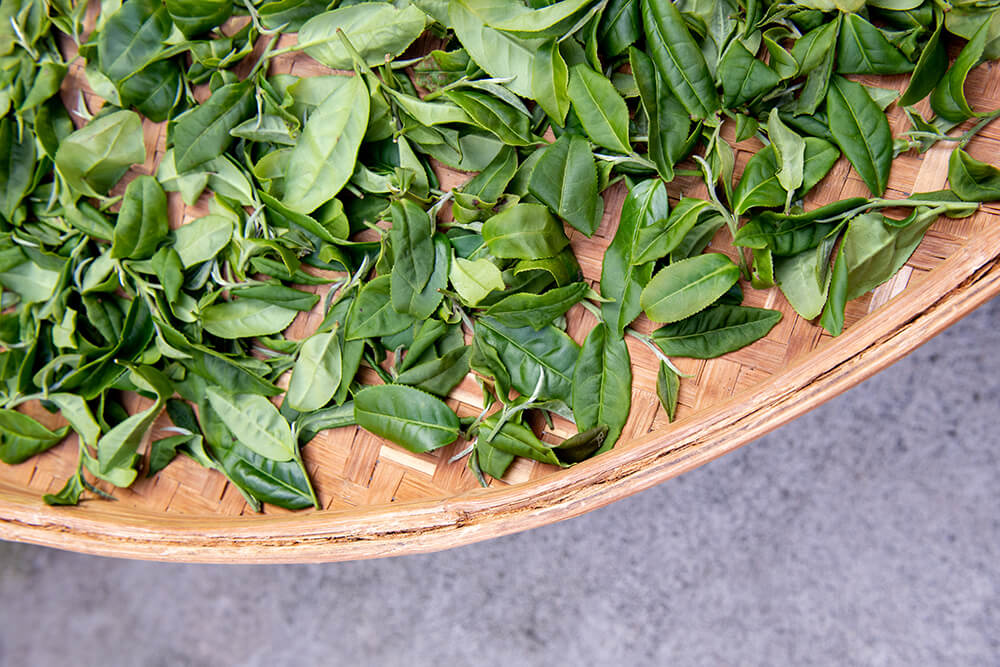
「Pingling, surrounded by mountains and clouds, is ideal for tea plantation.」
Pinglin is located in the water protection area near the upstream watershed of Feitsui Dam. Its warm and humid weather, even rainfall and soil rich in organic matters all contribute to the quality of Wenshan Paochong Tea. Beishi River passes through this watershed, that is full of ecological resources, tea culture and the beauty of village art. Pingling is praised as Taipei’s backyard garden.
Wenshan Paochong Tea
Featuring in “aroma, flavor, purity, richness and beauty”, Paochong Tea can only be found in Northern Taiwan. It is also called Qingcha (partially fermented tea), specializing in aroma. The strip-shaped tealeaves are dark green with blue tint. When you make tea, you can see light green liquor color with golden yellow hint. Enjoy its smooth and gentle taste with floral aroma, which keeps a great balance of freshness and sweet aftertaste.
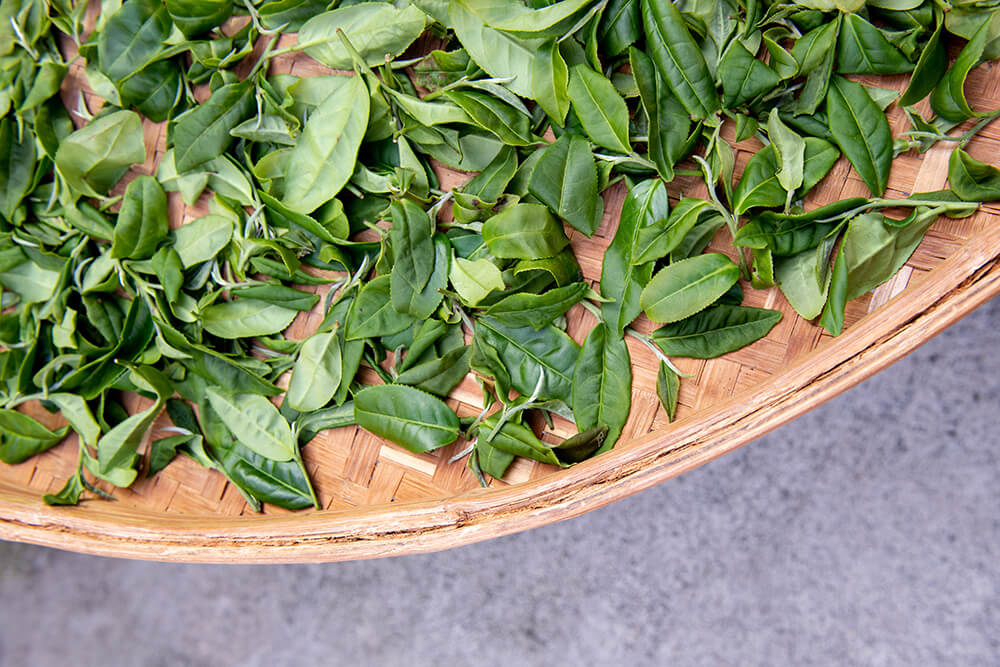
Ecosystem and organic tea in Pinglin
Pinglin is a heaven for bird watchers. Green striped-doves, Chinese Bulbuls, bronzed drongos, plumbeous water redstarts, night herons, black bulbuls, Taiwan blue magpies, tree pies, Taiwan barbets, and crested serpent eagles are frequent visitors and residents in Pinglin. Conventional farming causes water pollution easily and threaten the ecosystem in this neighborhood. Such impacts push local farmers to try organic tea plantation.
Scaphesthes barbatulus, also nicknamed “firebugs in the water”, is very sensitive to changes in their environment and can only survive in very clean water. The presence of Scaphesthes barbatulus is an indicator of water quality in Pinglin. When little attention is given to water protection, not only indigent animals but also the water quality in the dam may be endangered. When fertilizers are washed off by rainwater from the ground into the dam, they can cause dam eutrophication. Herbicide application may lead to soil erosion. When topsoil is continuously washed off into the dam by heavy rain, it can shorten the lifespan of a dam.
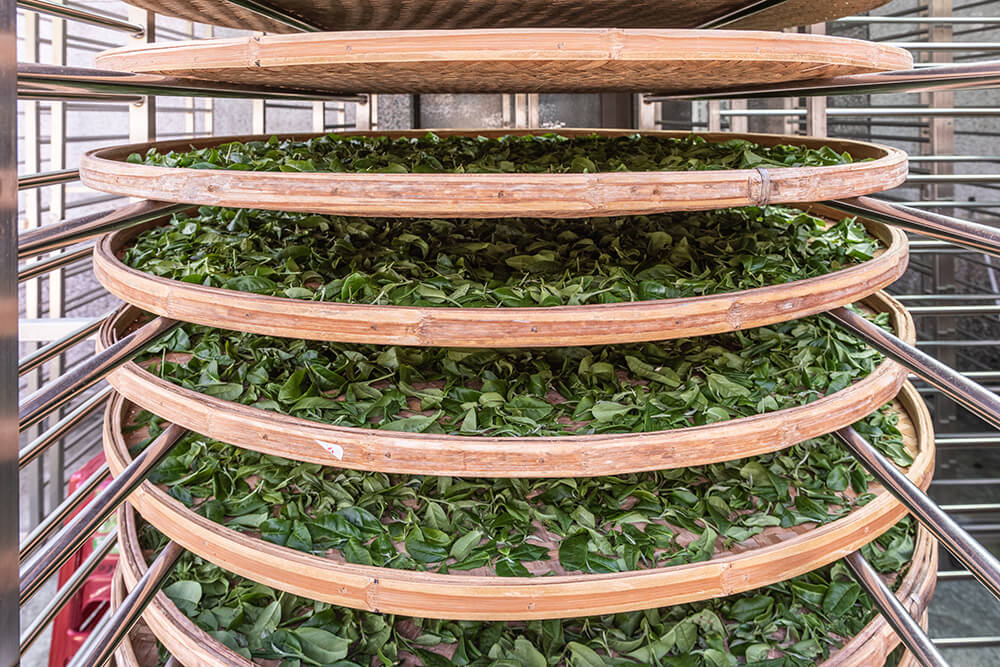
Without using chemical pesticides and fertilizers, organic tea cultivation is aimed to protect farmers and consumers’ health as well as the ecosystem on the earth. Farmers switch to organic fertilizers and non-pesticidal management, including biological pest control, hand pick, physical prevention and cultivation management.
Weed management includes mechanical and hand weeding, green manures and mulch. Manure plants can grip soil with their roots and filter rainwater, which becomes cleaner and flows into the dam. Therefore, organic tea plantation keeps intact after typhoons and storms sweep through.
Pinglin is not only praised as tea village but also “Nature Museum” for its precious ecosystem. Except for the vanishing emerald green tree frog, more than 900 species of plants and animals live in Pinglin, including nearly 600 species of plants, more than 110 species of birds, 21 species of frogs and 25 species of fish.
------------------------------------------------------------------------------
Reference:
Global Organic Agriculture Website-Introduction to organic tea https://info.organic.org.tw/3484/
Home town of Wenshan Paochong Tea: Scenery in Pinglin http://www.pstea.com.tw/pinglin-1.html#
Contract farming – Pinglin organic tea farm http://benqdreamworks.com/product/content/19


